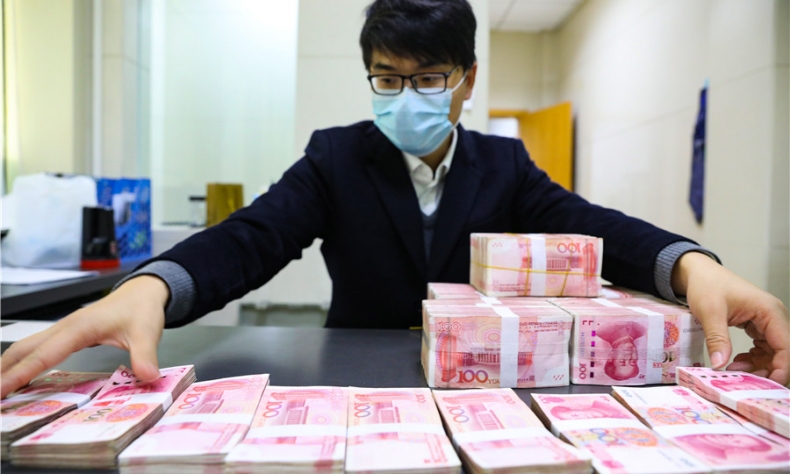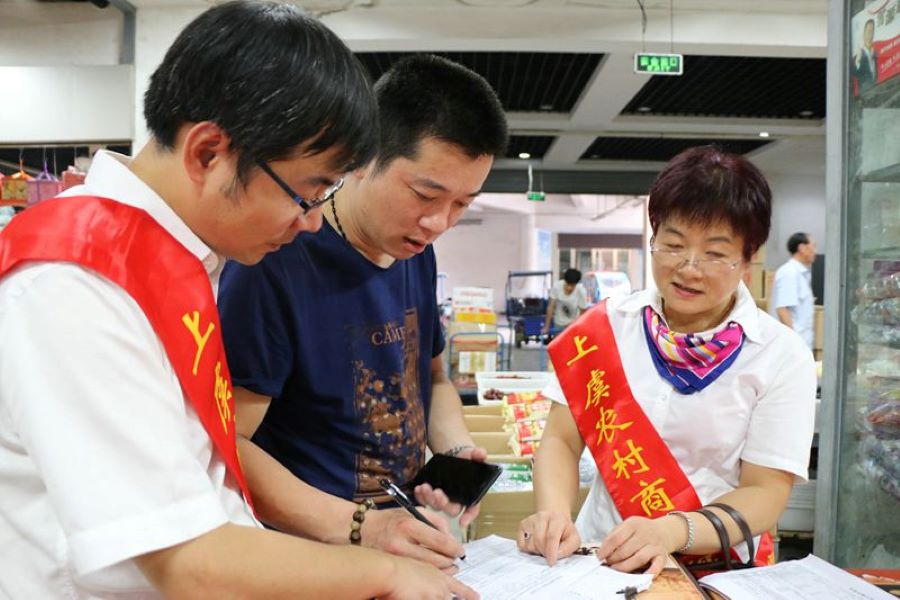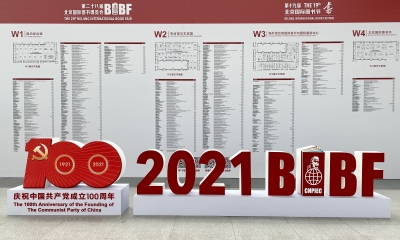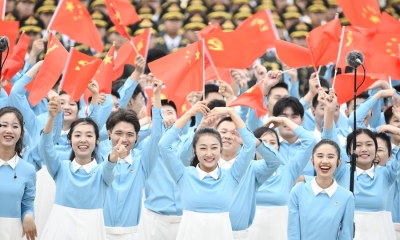China Pledges to Support SMEs and Guarantee People’s Livelihood

In his address to the National People’s Congress, the Chinese Premier reaffirmed government’s commitment to eliminate poverty and achieve the nation’s long-awaited goal of building a moderately prosperous society in all aspects by the end of the year.
When the devastating nature of the newly discovered novel coronavirus became clear in January, Chinese leaders wasted no time in imposing unprecedented lockdown measures on the city of Wuhan, and neighboring cities in the wider Hubei Province.
Now, with just a handful of daily cases — mostly imported from overseas — and society largely returning to normal. But the epidemic has brought a large impact on the economy.
Consumption, investment and exports all fell considerably during the first quarter of this year, and the economy posted negative growth for the first time since Opening up and Reform began in 1978.
Li Keqiang, Premier of the State Council, recognized this fact in his address to the annual plenary session of the National People’s Congress on May 22, where he delivered the much-anticipated Report on The Work of Government.
“Our success has come at a great price,” said Li. “The economy posted negative growth in the first quarter of this year, and daily life and work has been greatly affected. However, life is invaluable. This is a price we must pay, and a price worth paying.”
Ensuring living standards
In his address to the National People’s Congress, the Chinese Premier reaffirmed government’s commitment to eliminate poverty and achieve the nation’s long-awaited goal of building a moderately prosperous society in all aspects by the end of the year.
Stressing that the ruling party CPC “will always put life above everything else,” Li pledged to enhance the public health system, improve access to basic medical supplies, and launch extensive initiatives to improve public sanitation. Government subsidies for basic medical insurance for rural and non-working urban residents will also be increased, Li confirmed.
With the link between education and opportunity well understood, Li announced plans to develop a more equitable and higher-quality education system. Going forward, China will expand the enrolment of students from rural and poor areas at college and university, while striving to develop world-class universities and world-class disciplines.
Pension payments will be increased and subsistence allowances will be expanded to ensure that anyone who runs into temporary or long-term difficulty as a result of disaster or illness will be better taken care of.
With these measures in place, Li said, “We can ensure that all members of disadvantaged groups have their basic living needs met and that more unemployed people will have the support they need to secure their next job or start their own business.”
Li added that efforts to ensure living standards and eliminate poverty must be underpinned by economic growth. Accordingly, the Chinese Premier announced a raft of policies to support businesses – with particular focus on micro, small and medium-sized companies.

Stabilizing business and employment
Unlike previous years, China has not set a specific target for economic growth. This year, the primary focus is instead on stabilizing employment and ensuring living standards.
Premier Li pledged to further reduce business taxes and fees, reduce production and operating costs, and increase financial support through preferential loans and deferred payments.
Tax cuts. China will continue to reduce VAT rates and the share of employees’ basic old-age insurance paid by enterprises, and will make further tax and fee cuts of approximately 500 billion yuan (US$70.15 billion), Li said.
The policies introduced earlier this year to alleviate pressure on SME’s brought on by the coronavirus pandemic were due to expire in June, but will now be extended until the end of the year.
They include, exempting micro, small and medium-sized businesses from contributions to basic old-age insurance, unemployment insurance, and work injury compensation insurance schemes. VAT for small-scale tax payers is to be significantly reduced or cancelled, while VAT on services such as, public transportation, restaurants and hotels, tourism and entertainment, and culture and sports, will continue to be exempt.
And the payment of corporate income taxes by micro and small businesses and self-employed individuals will also be postponed until next year.
Taken together, these policies will see additional savings of more than 2.5 trillion yuan (US$350 billion) for enterprises throughout the year,
Financial support. The current policy allowing micro, small and medium-sized businesses to postpone loan repayments will be extended until the end of March next year, announced Li. In addition, large commercial banks have been advised to increase finance lending to micro and small businesses by more than 40 percent.
“We will encourage banks to substantially increase credit loans, first time loans, and loan renewals without repayment of principal for micro and small businesses,” Li said.
Recognizing that financial institutions and the businesses that borrow from them share a common stake, Premier Li encouraged the banking community to work with businesses struggling to repay current loans and make “appropriate interest concessions” on new loans issued.
“To support market entities, we must ensure that micro, small and medium businesses have significantly better access to loans and that overall financing costs drop markedly.”
Rising to the challenge
Given the unique uncertainties presented by the coronavirus pandemic and its impact on supply chains, consumer demand and global growth, Li bluntly stated that at present — and for some time to come — “China will face challenges like never before.”
However, “If we face challenges head-on, boost confidence in development, create strong impetus for growth, and preserve and make the most of this important period of strategic opportunity for our development,” Li said; China will, without doubt, “be able to make it through this challenging time.”
 Facebook
Facebook
 Twitter
Twitter
 Linkedin
Linkedin
 Google +
Google +







